Description
Black pepper, scientifically known as Piper nigrum, is one of the most widely used and traded spices in the world. Here’s some information about black pepper:
- Appearance: Black pepper consists of small, round, berry-like fruits called peppercorns. When fully matured, these peppercorns are harvested and dried, resulting in wrinkled, dark brown to black spheres.
- Flavor and Aroma: Black pepper has a strong, pungent flavor with a spicy and slightly hot taste. It also has a distinct aroma that is both aromatic and earthy. The flavor and aroma of black pepper come from the chemical compound piperine, which is responsible for its characteristic spiciness.
- Culinary Uses: Black pepper is a versatile spice used in cuisines around the world. It is commonly used as a seasoning and flavor enhancer in savory dishes, including meats, poultry, seafood, vegetables, soups, stews, and sauces. Black pepper is also used in marinades, rubs, and spice blends like garam masala and curry powder. Additionally, it can be sprinkled over salads, eggs, and fruits for a touch of spice.
- Health Benefits: Black pepper is rich in antioxidants and has potential health benefits. It may aid digestion by stimulating the production of digestive enzymes and promoting gut health. Black pepper also has anti-inflammatory properties and may help improve blood sugar control and cholesterol levels. However, it’s essential to consume black pepper in moderation as excessive intake may cause gastrointestinal discomfort in some individuals.
- Medicinal Uses: In traditional medicine systems like Ayurveda, black pepper has been used for its medicinal properties. It is believed to have antimicrobial, analgesic, and expectorant properties and has been used to treat respiratory issues, colds, coughs, and digestive problems.
- Other Uses: In addition to its culinary and medicinal uses, black pepper is also used in perfumery, cosmetics, and aromatherapy. It is valued for its stimulating and invigorating scent.
- Storage: Whole black peppercorns have a longer shelf life than ground pepper and should be stored in an airtight container in a cool, dark place to preserve their flavor and aroma. Ground pepper should be used within six months to one year for optimal freshness.

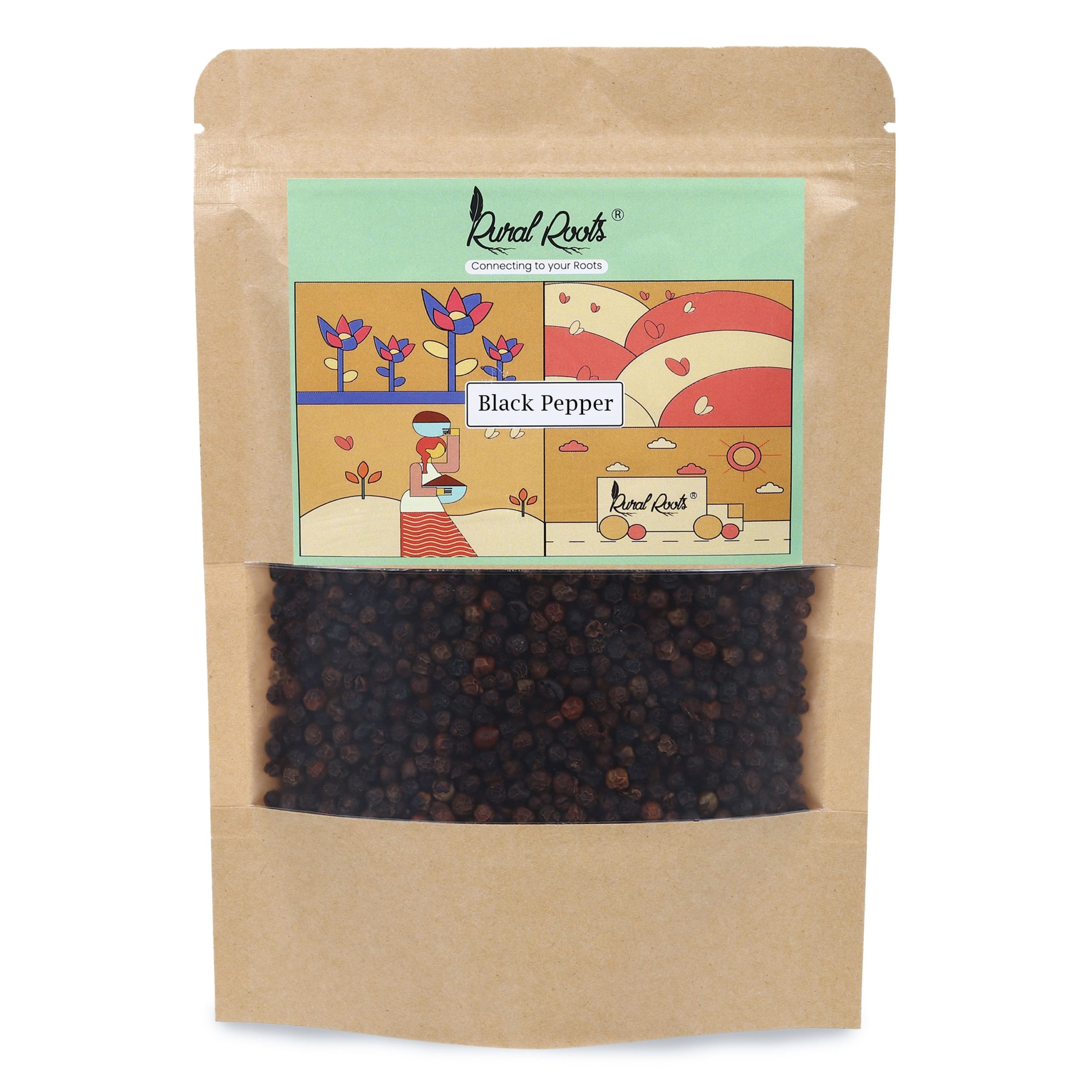
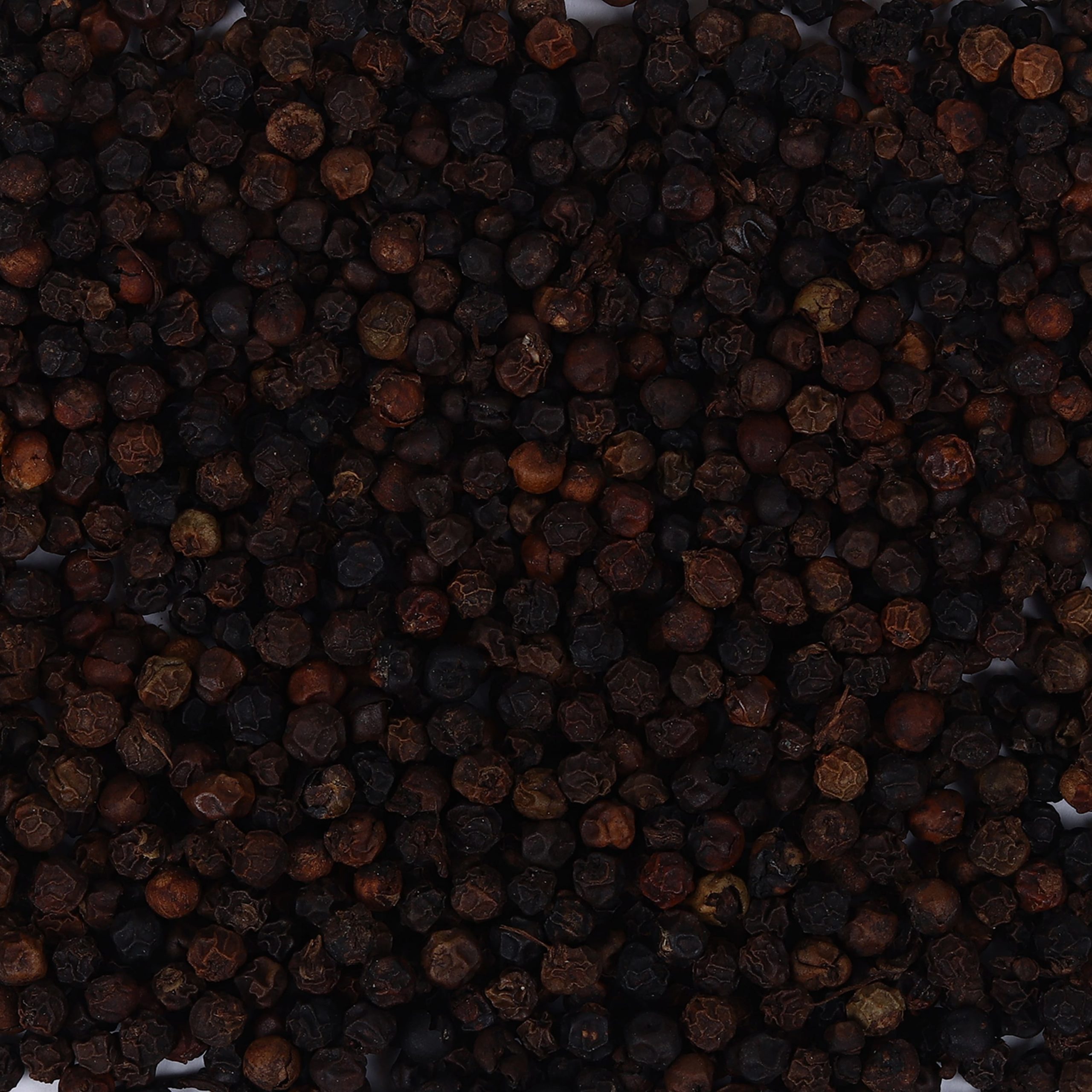


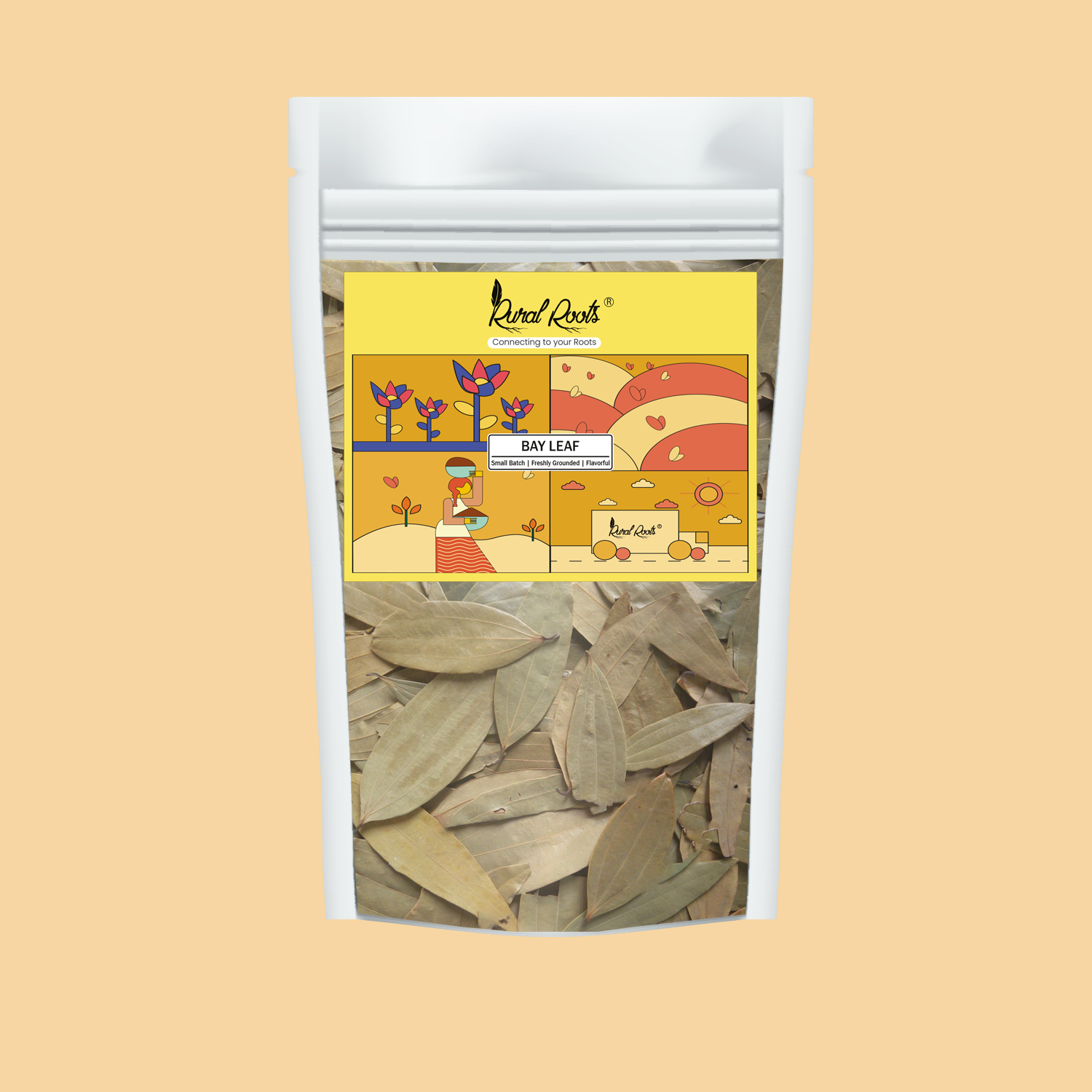
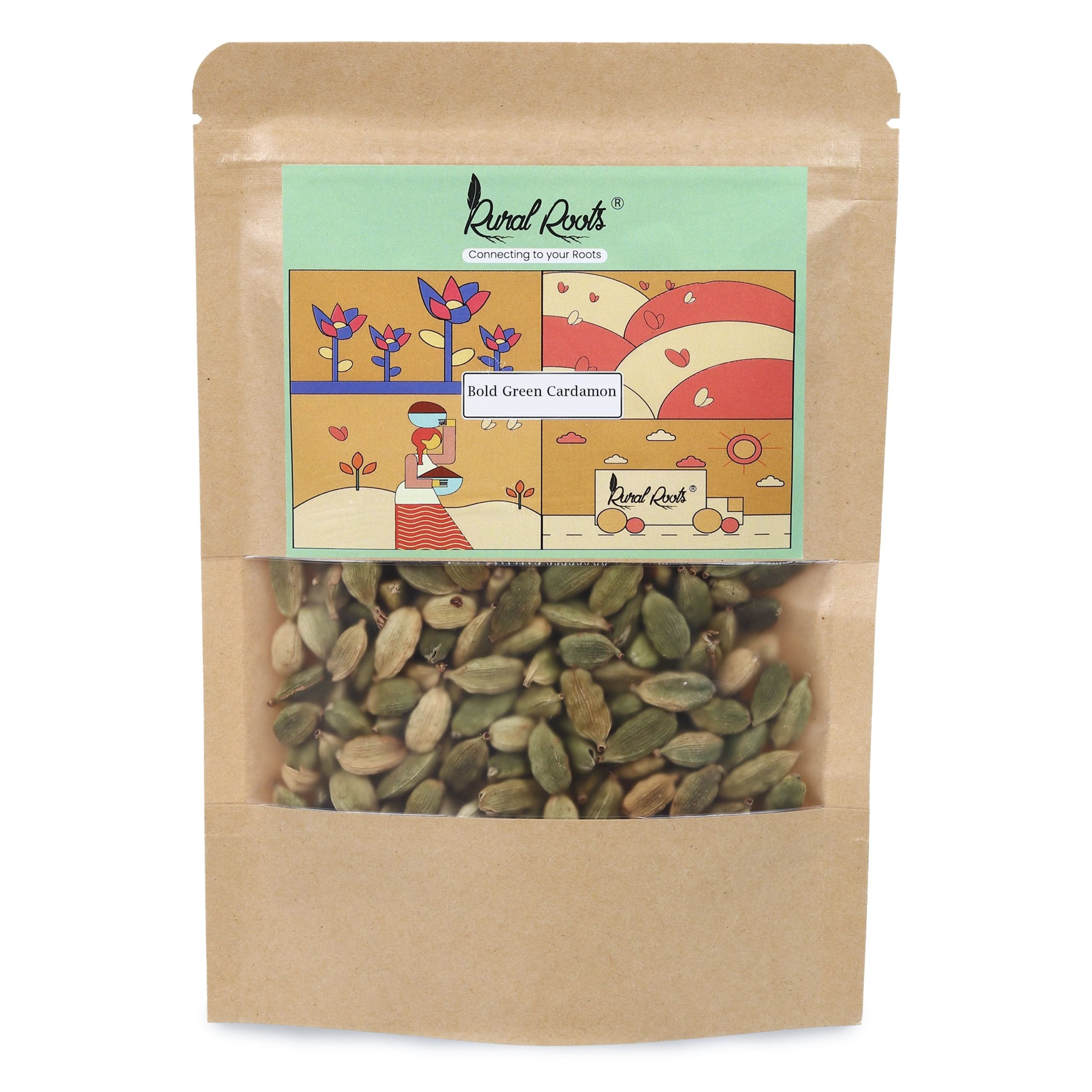
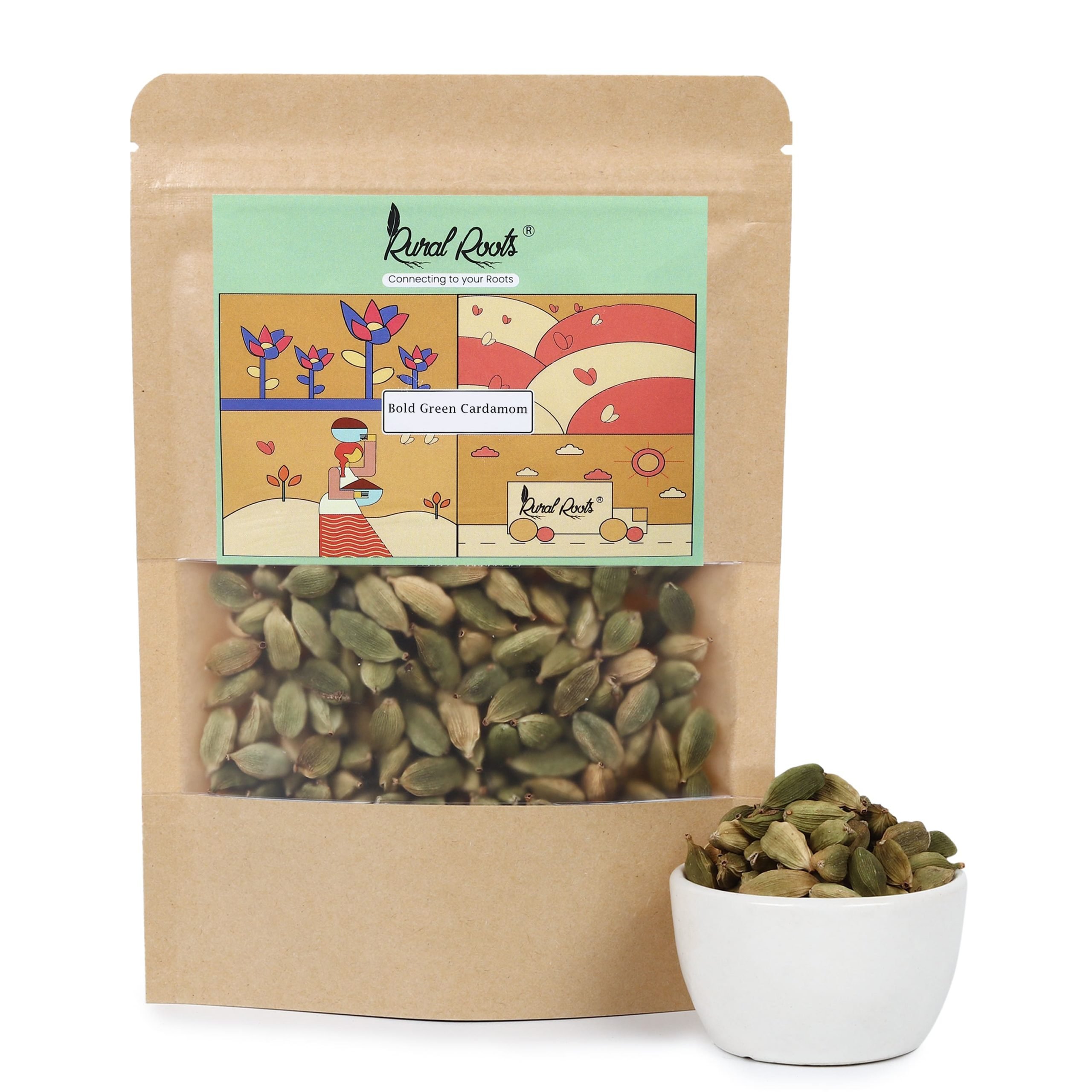
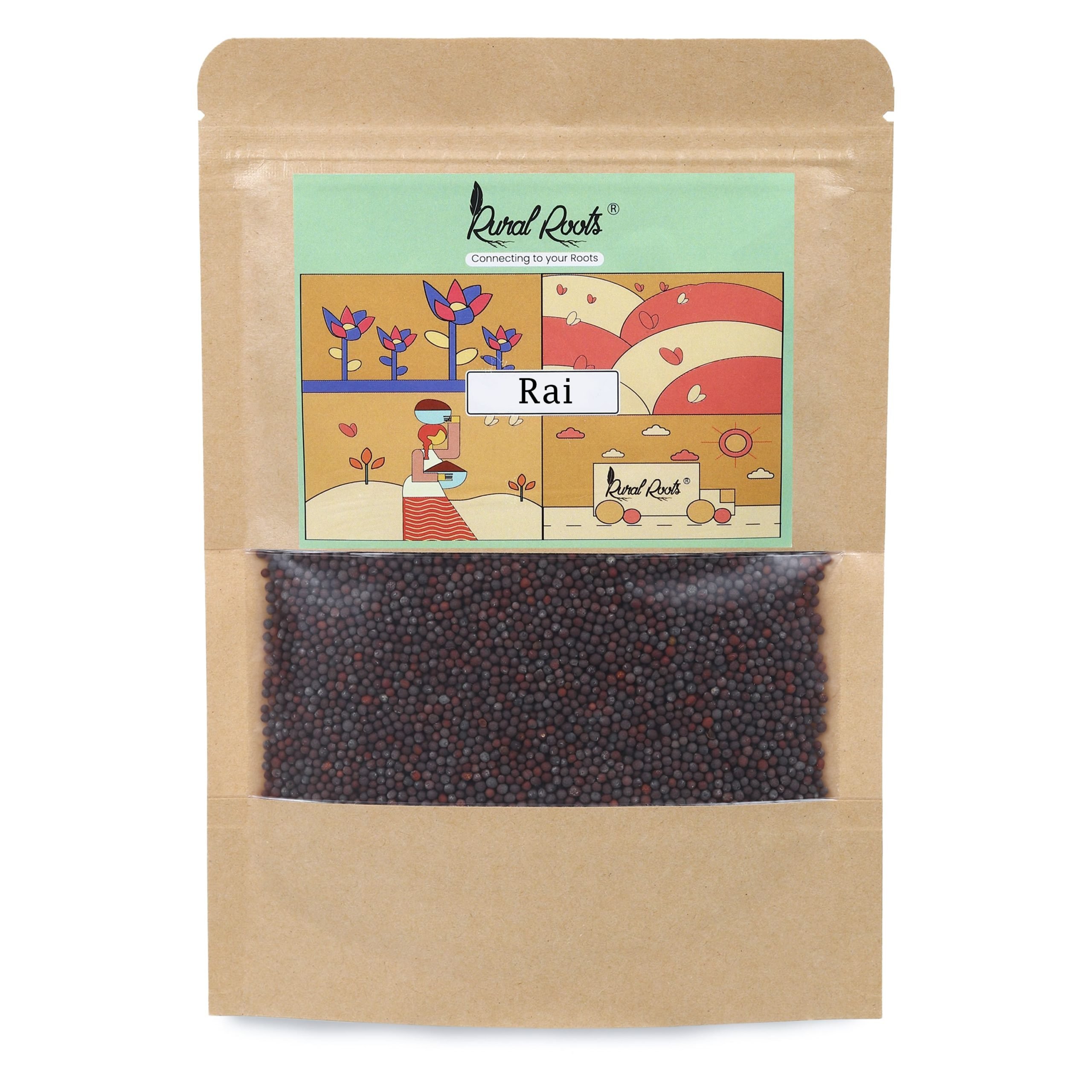
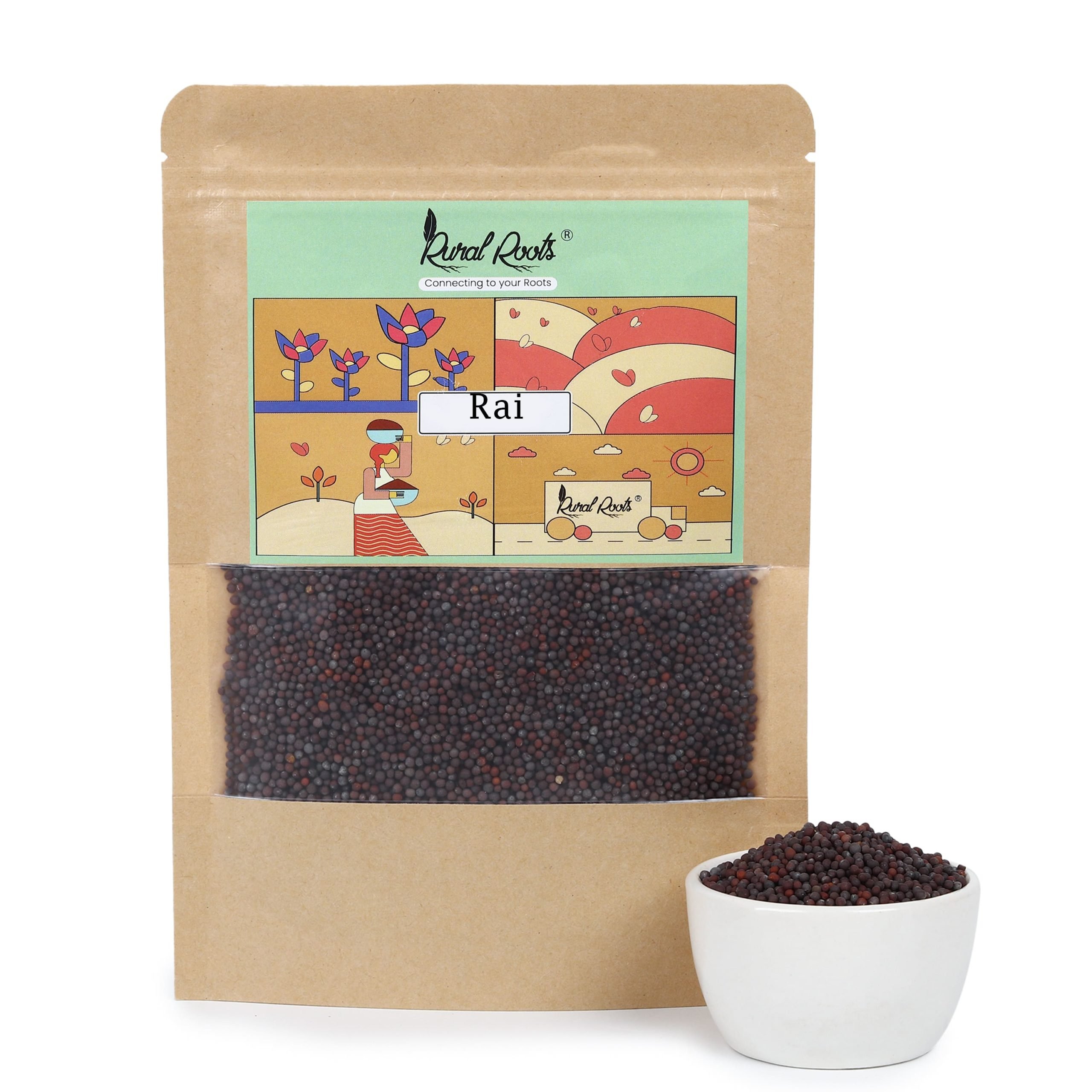
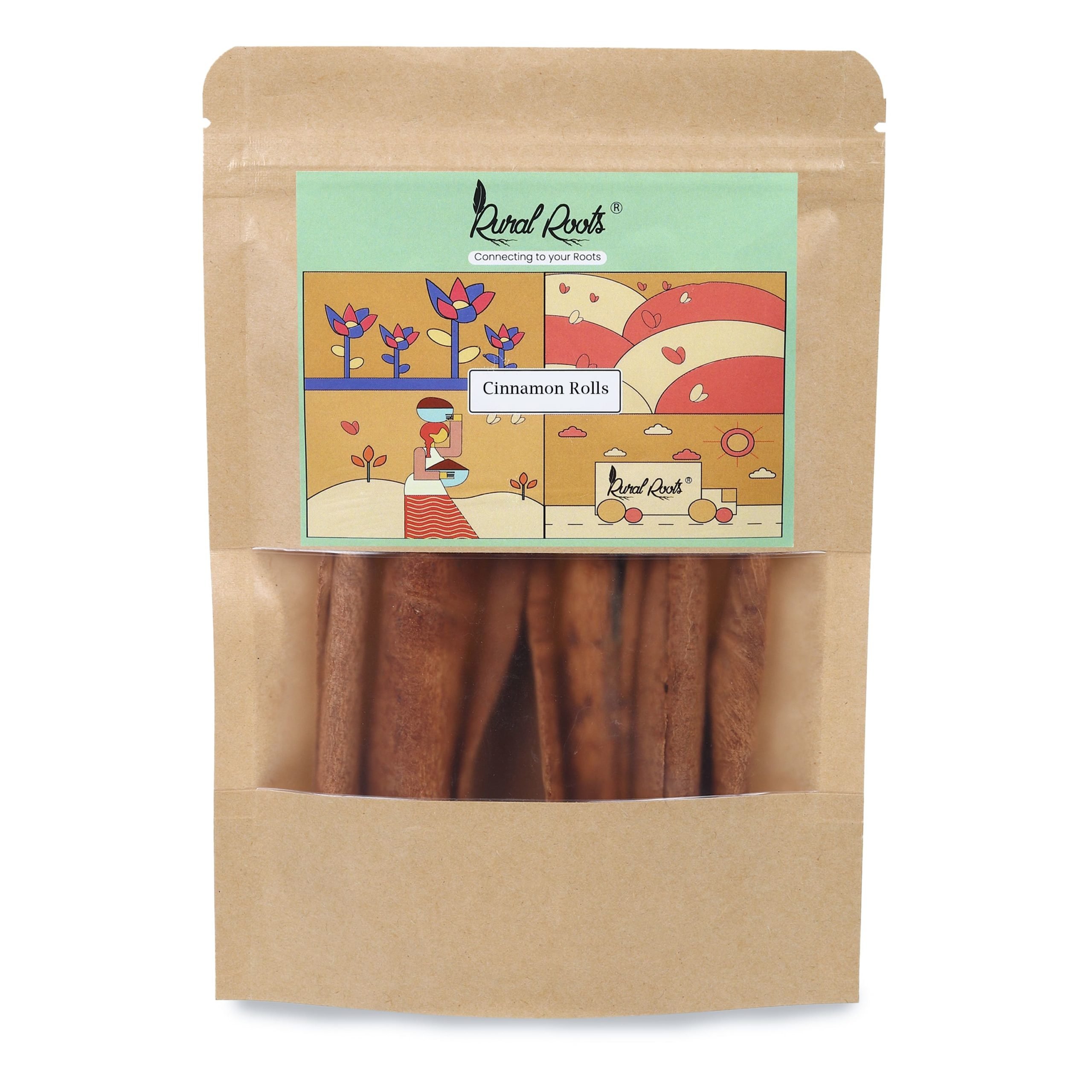
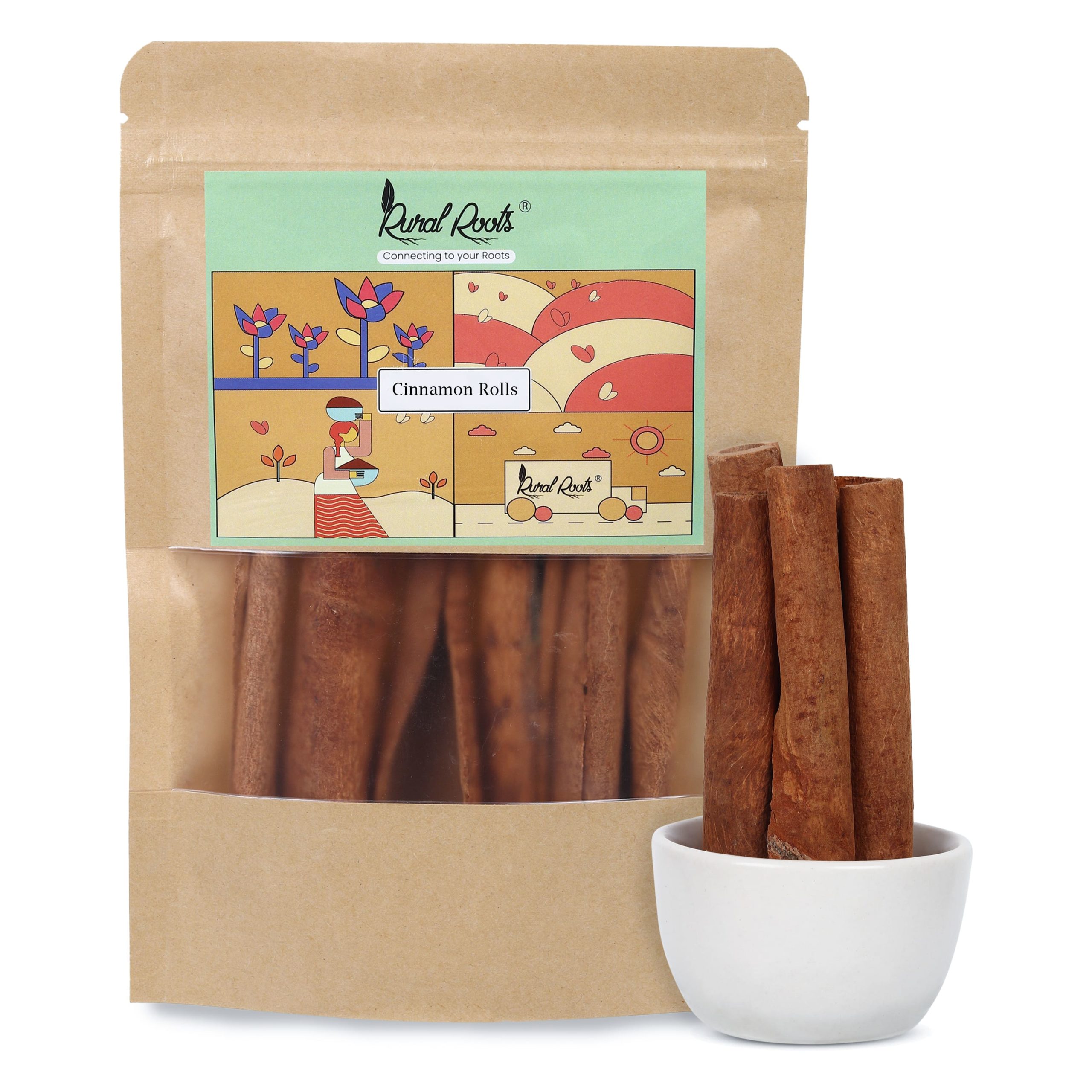


Reviews
There are no reviews yet.